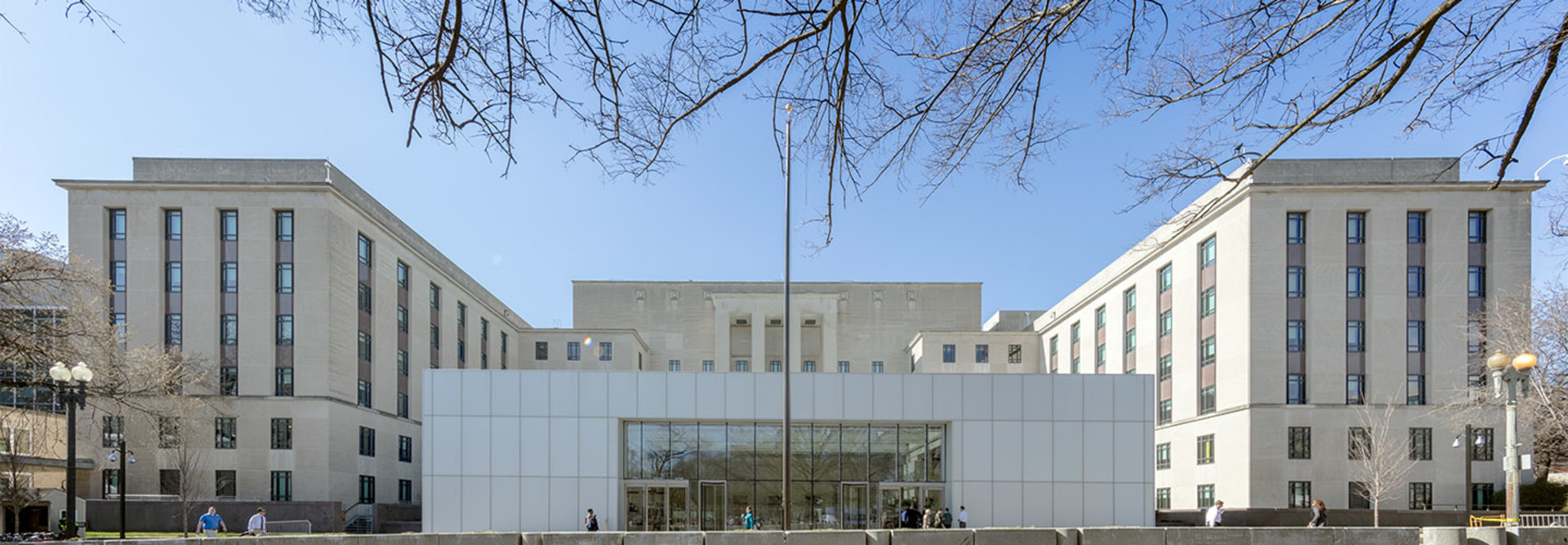State Department’s New Cyber Bureau to Meet Tests of 21st Century
During a recent lecture series at the Gerald R. Ford School of Public Policy at the University of Michigan, Secretary of State Antony Blinken noted there has been a “renewed premium” on U.S. engagement and leadership in global affairs.
However, he said focusing on issues that are having a profound impact on the lives of the American people is also as important.
“Whether that is global health and COVID-19, whether that’s climate and the existential crisis we face, whether it is emerging technologies that more than anything else are shaping lives, we’re making sure that this department is really acting in the 21st century in ways that are addressing the needs of the American people,” Blinken said.
He said standing up the Bureau of Cyberspace and Digital Policy is one way of ensuring the U.S. is not only at the table, but also leading the conversation on these issues.
A department spokesperson told FedTech that the establishment of the CDP is a “key piece of Secretary Blinken’s plans to build a State Department ready to meet the tests of the 21st century” and will help advance the policy framework Blinken outlined at the National Security Commission on AI’s Global Emerging Technology Summit last year.
LEARN MORE: how federal agencies can leverage standards to optimize AI at the edge.
State Department Already Leads the Way in Responsible Cyberspace Behavior
“Our task is to put forth and carry out a compelling vision for how to use technology in a way that serves our people, protects our interests and upholds our democratic values,” Blinken said then. “It’s not enough to highlight the horrors of techno-authoritarianism, to point to what countries like China and Russia are doing, and say that it’s wrong and dangerous, even as it is. We’ve also got to make the positive case for our own approach, and then we’ve got to deliver. That is the challenge before us.”
In an April 4 email to State Department employees, Blinken highlighted the work diplomats have already been doing in this area — particularly the Communications and Information Policy division and the Office of the Coordinator for Cyber Issues, whose staff are among the first members of the new bureau.
“They’ve led the development of a framework for responsible state behavior in cyberspace and ensured its affirmation by all members of the United Nations. They’ve defended the principles of an open and free internet. And just two weeks ago — after more than a year of negotiations — they helped us reach a deal to allow data to continue to flow freely between the United States and Europe, fueling the $7.1 trillion U.S.-EU economic relationship,” Blinken said in the email.
RELATED: What are the key challenges to federal digital transformation?
Blinken Says Cyberspace Bureau is Vital to a Successful Digital Future
The CDP, which has about 60 staff members and plans to add 30 more this year, will eventually be led by a Senate-confirmed ambassador-at-large. Meanwhile, Jennifer Bachus, a career member of the Senior Foreign Services with experience serving throughout Europe, Vietnam and Jamaica, is at the helm.
The bureau’s launch comes “after years of back-and-forth between Congress and multiple presidential administrations about consolidating how the department handles cyber diplomacy,” Cyberscoop reports. “The department floated the idea for the bureau to Congress in 2019 but didn’t try to launch it until the waning days of Donald Trump’s presidency in early 2021. Congressional auditors said that attempt was rushed and sloppy.”
Blinken told his employees that cybersecurity and digital policy have become more vital to the country’s national security in the last few years.
“We’re in a contest over the rules, infrastructure and standards that will define our digital future,” he said. “That’s why the work of the CDP Bureau will be so important. To succeed in this digital future, we need America’s diplomats leading the way.”











